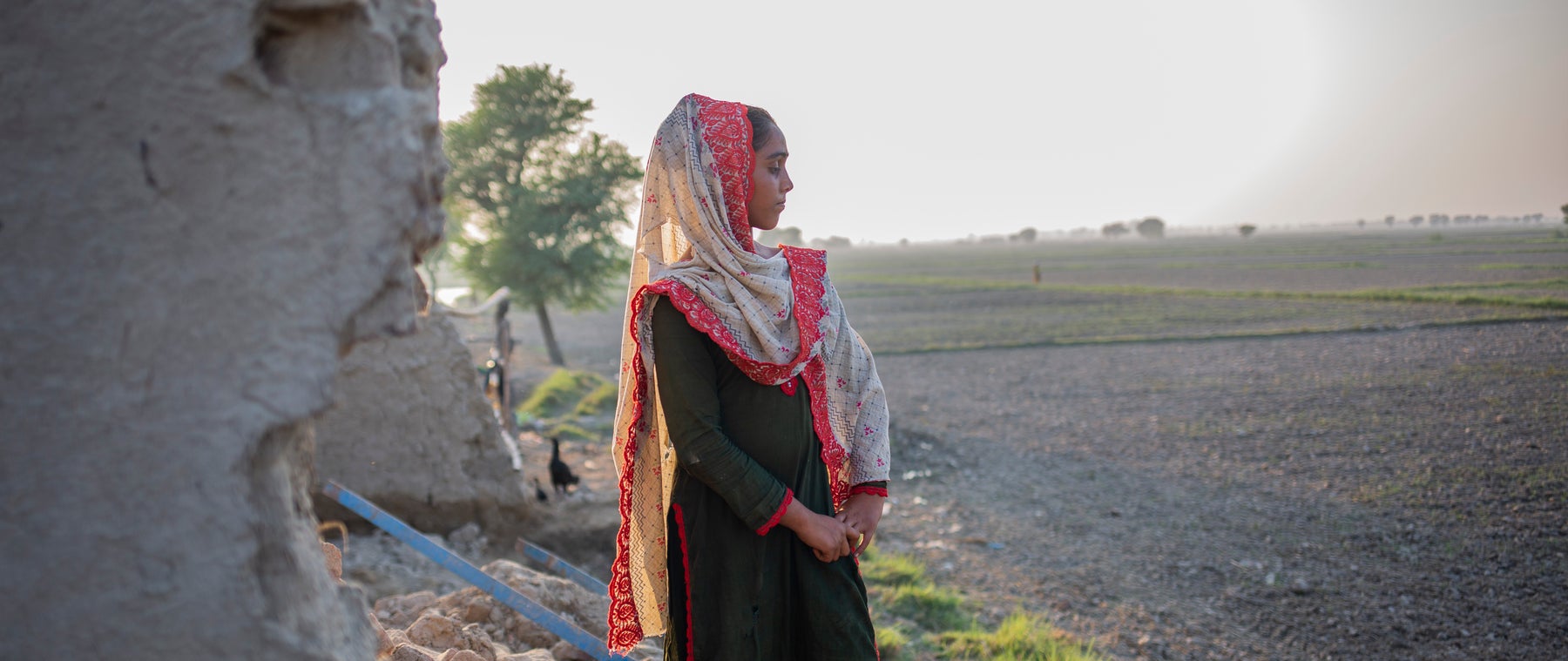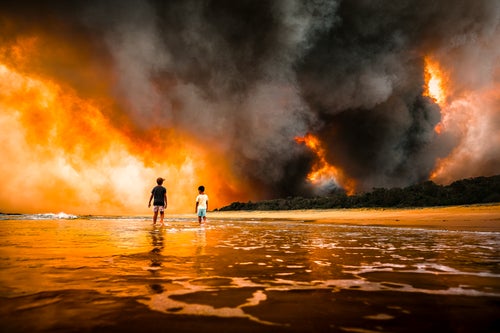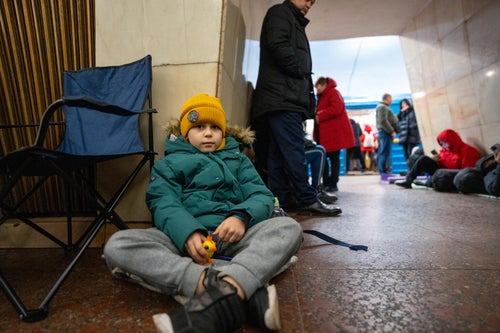In August this year the world held its breath when one third of Pakistan was devastated by flood.
As the flood waters recede, the true destruction of the flooding across Pakistan has become apparent. Families are restarting their lives, rebuilding their homes from underneath the rubble left behind after some of the worst flooding most have seen in their lifetime.
Rebuilding hopes and dreams
Sugrah, 15 years old, was helping her mother in the kitchen when her house started to collapse around her. The mudbrick walls had taken on too much water, and they started to fall from above.
"I got very scared. I thought we wouldn’t survive."
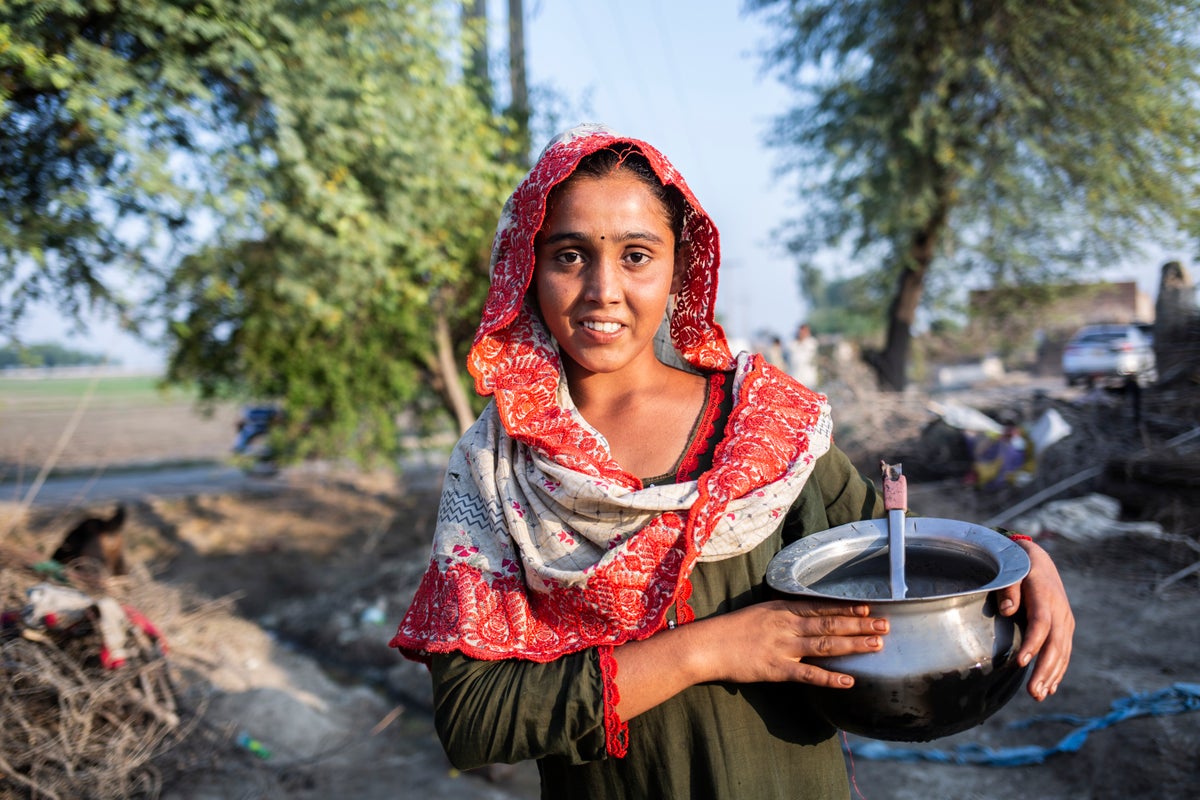
Sugrah’s village was surrounded by farmland as far as you could see. Before the floods, her family worked growing mustard leaves and wheat. Unfortunately, these crops have been destroyed and there is no longer any work.
Currently, Sugrah and her family sleep in a modest tent near their family home but it is their hope to rebuild their family home soon.
Striving to prevent a food crisis for children
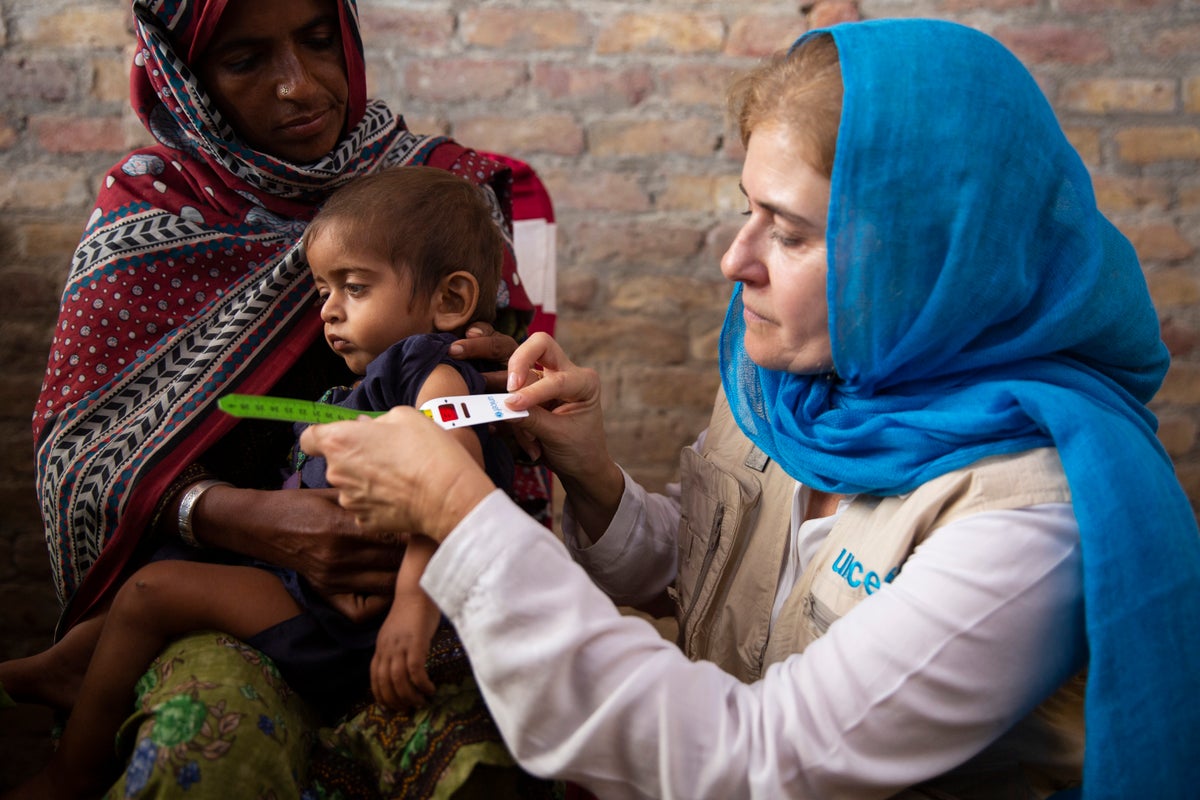
Due to food insecurity across the country, thousands of children have been diagnosed and treated for severe acute malnutrition. UNICEF supported mobile health clinics are also seeing a rise in parents bringing in children suffering illnesses such as malaria, dengue, respiratory and skin infections.
UNICEF continues to support partners in preventing and treating malnutrition in flood-affected areas. Micronutrient powders, ready-to-use therapeutic foods, and Infant and Young Child Feeding counselling has been provided to almost half a million caregivers across the region.
Getting back to school

As UNICEF continues to respond to this child survival crisis, the next step is to rebuild children’s lives, hopes and futures. Families need long-term support to keep their children healthy and well nourished.
Children in the flood effected areas have lost everything. Their homes, their books, their schools, and their sense of security. More than two million children have lost access to education, with thousands of schools left inaccessible due to severe flood damage. After missing school for lengthy periods due to the pandemic, this is yet another blow for children.
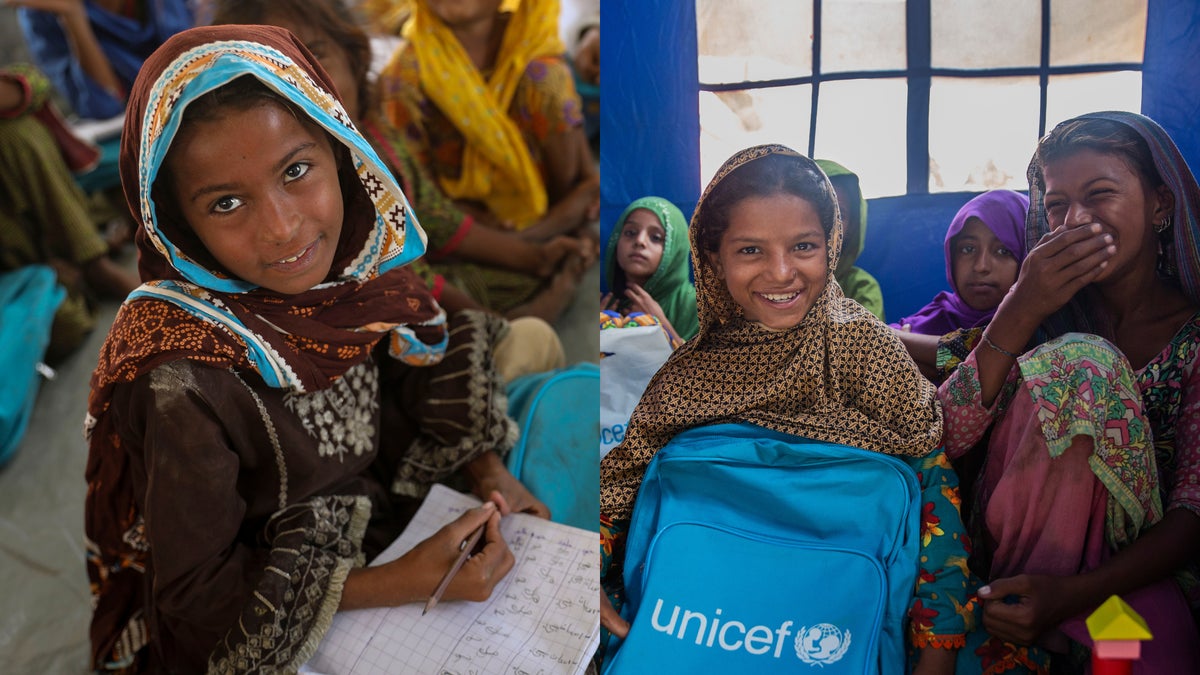
UNICEF has established more than 600 temporary learning centres in the worst-affected areas and supported teachers and children with education supplies. For some children, who had never been enrolled in school before, these learning centres are their very first experience of education.
In addition to ensuring all children can resume education, more than 200 teachers have been trained in psychosocial support and teaching in an emergency. This will help equip teachers with important skills to they need to support their students.
Thanks to the support of our generous donors, together we have created a lasting impact and further strengthened the systems for children and families in Pakistan.
Related articles
Stay up-to-date on UNICEF's work in Australia and around the world



